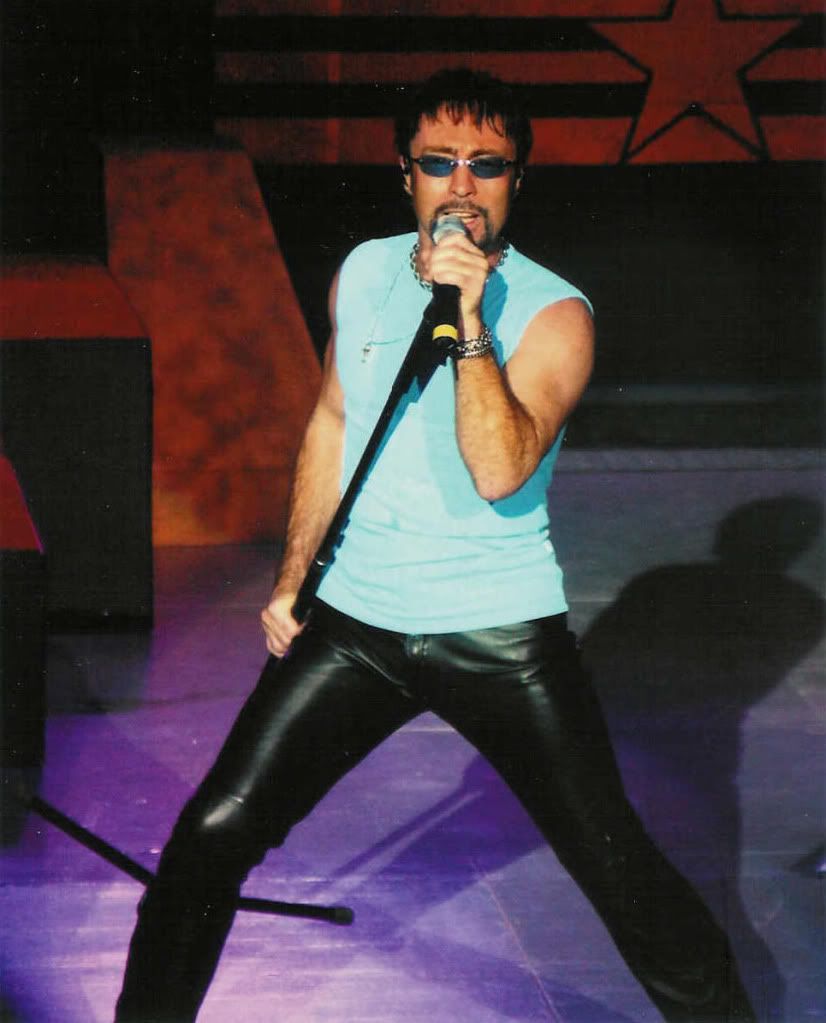
Audiences will not listen to you just because you’re standing in front
of a room. Did you listen to your English teachers or Social Studies
teachers just because they were there? Of course not. The ones you
listened to were the ones who earned your listening. Adults may
be more politically correct than kids and give you the impression that
they’re listening—but unless you have earned it, they’re tuned out.
How do you “earn their listening”? First, let’s talk about how you
don’t. Just in any conversation, whether with one or one thousand
people, you lose their listening when you start out talking about
yourself. They don’t care about you. Not yet. You have to earn
that. Begin by entering their world and showing them that you under-
stand them. That you respect them. When people are acknowledged,
they’re all ears.
You lose their listening if you don’t persuade them that they will
benefit from something you have to say. My daughter comes home
every day telling me “school was boring.” I don’t doubt it. Wasn’t it
boring when you went, too? Her teachers are not enrolling the kids
in the benefits of learning about fungi or Ancient Rome. You must
convince them that they’ll gain from listening to you–right from the
outset. If you fail at this, you’ve lost them for the rest of the ride.
You lose their listening if you’re not speaking their language. Literally.
Know the industry lingo. But at the same time, do not use your indus-
ry lingo with an audience who’s not in your industry!!! This kind of lack-
of-awareness is epidemic. Do you use words others don’t know to impress
them–or just because you’re not thinking?
You’ll lose their listening really fast if the language isn’t right, either.
A particular pet peeve of mine is incorrect grammar. I can’t tell you how
many “professional speakers” don’t speak correct English. They lose my
listening the instant they mix up “me” with “I.” As in, “The team went to
the meeting with Roger and myself,” or “He was so much better than me
at selling.” Please read a grammar book if you’re unsure.
You’ll lose their listening if you don’t tell them why you are up there.
What are the education and credentials that make you worthy of their
listening? The best method is to tell us a story that explains what brought
you to this spot in front of the room. Perhaps it’s a before and after story;
or a story of an “aha” moment that changed everything. I don’t know any-
one who won’t listen to a good story. Do you really want to wow them?
Then tell them why you’re doing this over any other career/job in
the world. What about this compels you? Gets you up in the morning?
What’s in it for you? Why are you so passionate? When you answer this
for them, not only are they listening, but they’re beginning to see the
value of being in their seats.
And, of course, you lose their listening if you don’t know that. If you
have no passion for your subject. It will show itself in your monotone
voice, flat facial expressions, slow movements, “ums” and slide-reading.
If the subject you’re speaking about isn’t worth your energy…it certainly
isn’t worth theirs!
I teach my clients and audiences how to “earn their listening” from the
very first moment they step on stage, and, of course, how to keep
it throughout. There are many more elements to this process that are
subtle and absolutely essential. If you don’t get the results you want
from speaking in public; if you don’t get the reactions and the word of
mouth and the sales, check in to see how you “lost their listening.” Did
you start out talking about yourself? Fail to enroll them in the benefits of
listening to you? Did you speak “below” or “above” their heads? Give data
instead of a story?
Don’t worry. There’s always a next time!
Today is the LAST DAY you can bring-a-colleague-free to my
2-day public speaking training based on the latest brain research.
You will learn 2 sequences at this event–and the first is the 7-Point
Introduction: How to earn their listening right from the start. There
are a lot of videos you can watch on this page to see if this is the
seminar you need to attend next month. I hope to see you there!




 The
The 
 Granted, Daughtry is no
Granted, Daughtry is no